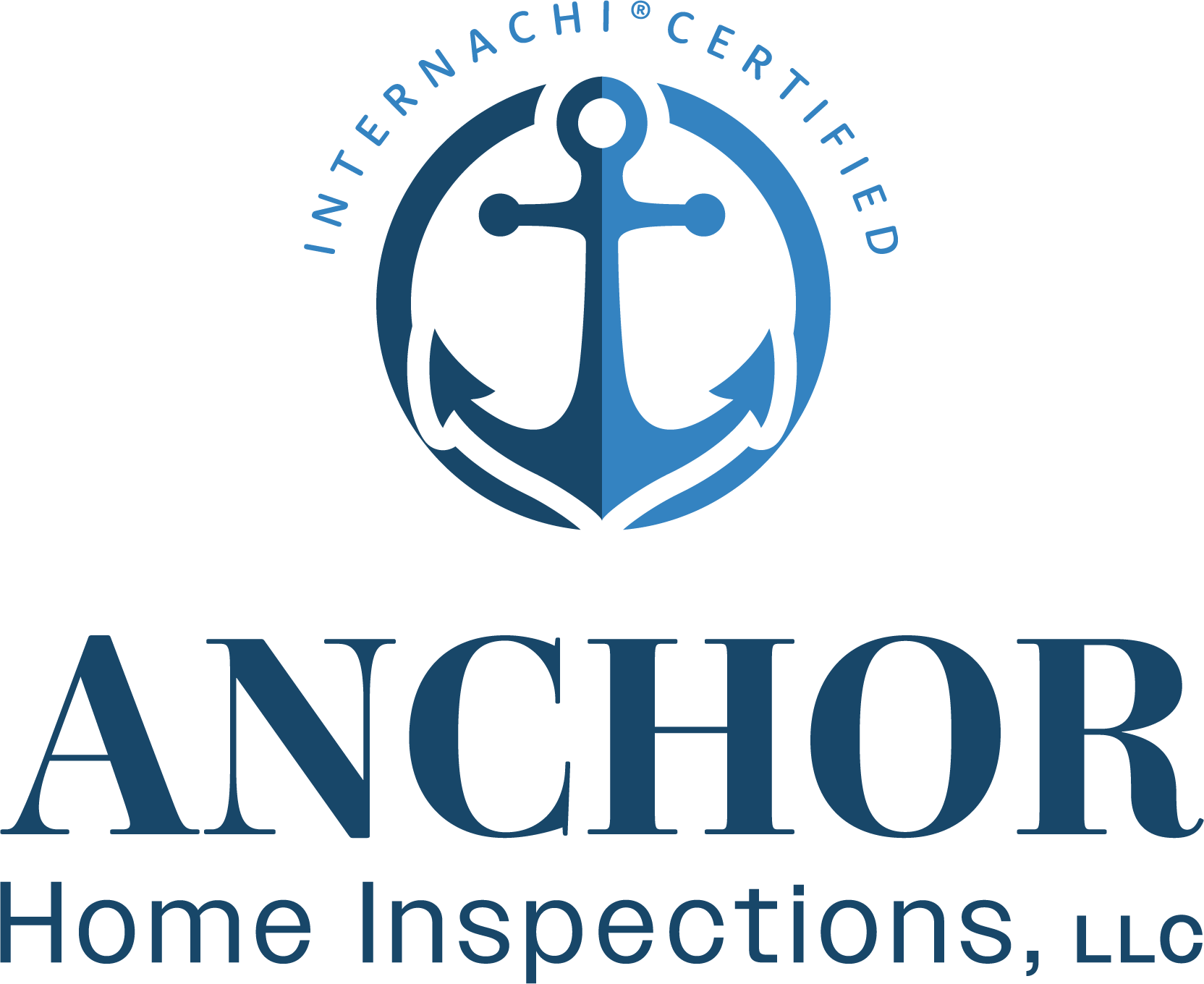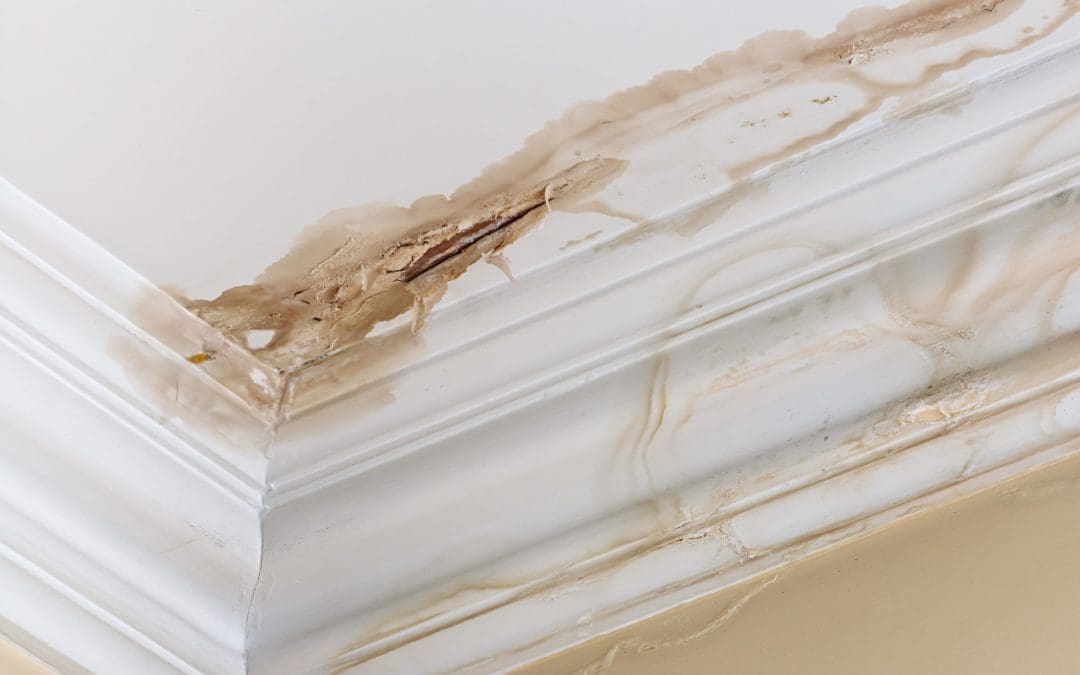Water damage can be one of the most frustrating and expensive issues homeowners face. A small leak today can turn into a major headache tomorrow, leading to costly repairs, mold growth, and structural damage. The good news is that most residential water damage is preventable with a little proactive effort. By taking simple steps, you can protect your home and avoid unnecessary stress.
Keep an Eye on Your Plumbing
Your plumbing system works hard every day, and over time, pipes can wear out, joints can loosen, and small leaks can form. Regularly check under sinks, around toilets, and behind appliances for any signs of moisture or dripping water. If you notice anything suspicious, don’t ignore it—small leaks can quickly turn into big problems. Consider replacing old or corroded pipes before they become a major issue, and if you have older plumbing, schedule periodic inspections with a professional.
Maintain Your Gutters and Downspouts to Prevent Residential Water Damage
Your gutters play a crucial role in directing rainwater away from your home, but if they get clogged with leaves and debris, they can’t do their job properly. When water overflows, it can seep into your roof, walls, and foundation, leading to costly damage. Clean your gutters at least twice a year and make sure downspouts direct water several feet away from your home. Installing gutter guards can also help reduce the buildup of debris and make maintenance easier.
Inspect Your Roof Regularly
Your roof is your home’s first line of defense against water intrusion, so keeping it in good shape is essential. Look for missing or damaged shingles, cracked flashing, or any other signs of wear and tear. Even a small roof leak can cause serious damage over time, especially if it goes unnoticed. If you’re not comfortable inspecting your roof yourself, hire a professional to do it at least once a year. Catching and repairing minor roof issues early can save you from expensive repairs down the road.
Check Your Home’s Foundation
Cracks in your foundation can allow water to seep into your basement or crawl space, creating the perfect environment for mold and mildew. Walk around your home and look for any visible cracks, especially near the base of your exterior walls. If you find any, seal them with waterproof caulk or masonry sealer. If you have a basement, consider installing a sump pump to help prevent flooding during heavy rains.
Be Smart About Your Appliances to Prevent Residential Water Damage
Washing machines, dishwashers, and water heaters are all common sources of household water damage. Check hoses and connections regularly for signs of wear and tear. If your washing machine or dishwasher hoses are more than five years old, replace them with braided stainless steel versions, which are more durable and less likely to burst. Also, make it a habit to inspect your water heater for signs of corrosion or leaks—these can be early warnings that it’s time for a replacement.
Know Where Your Water Shut-Off Valve Is
In an emergency, shutting off your home’s water supply quickly can prevent a minor issue from becoming a disaster. Make sure everyone in your household knows where the main shut-off valve is located and how to turn it off. If a pipe bursts or a major leak occurs, acting fast can save you thousands of dollars in potential damage.
Act Fast to Prevent Residential Water Damage
If you ever notice signs of water damage—like water stains on ceilings, peeling paint, or a musty smell—don’t wait to investigate. Water problems rarely fix themselves, and the longer they go unchecked, the worse they get. Addressing issues early can mean the difference between a simple repair and a costly renovation.
Taking these preventive steps can help you avoid the stress and expense of water damage. A little attention now can save you a lot of trouble in the future, keeping your home safe, dry, and comfortable for years to come.
Anchor Home Inspections provides inspection services to homebuyers and sellers in the Southwest Michigan area. Contact us to request an appointment.

